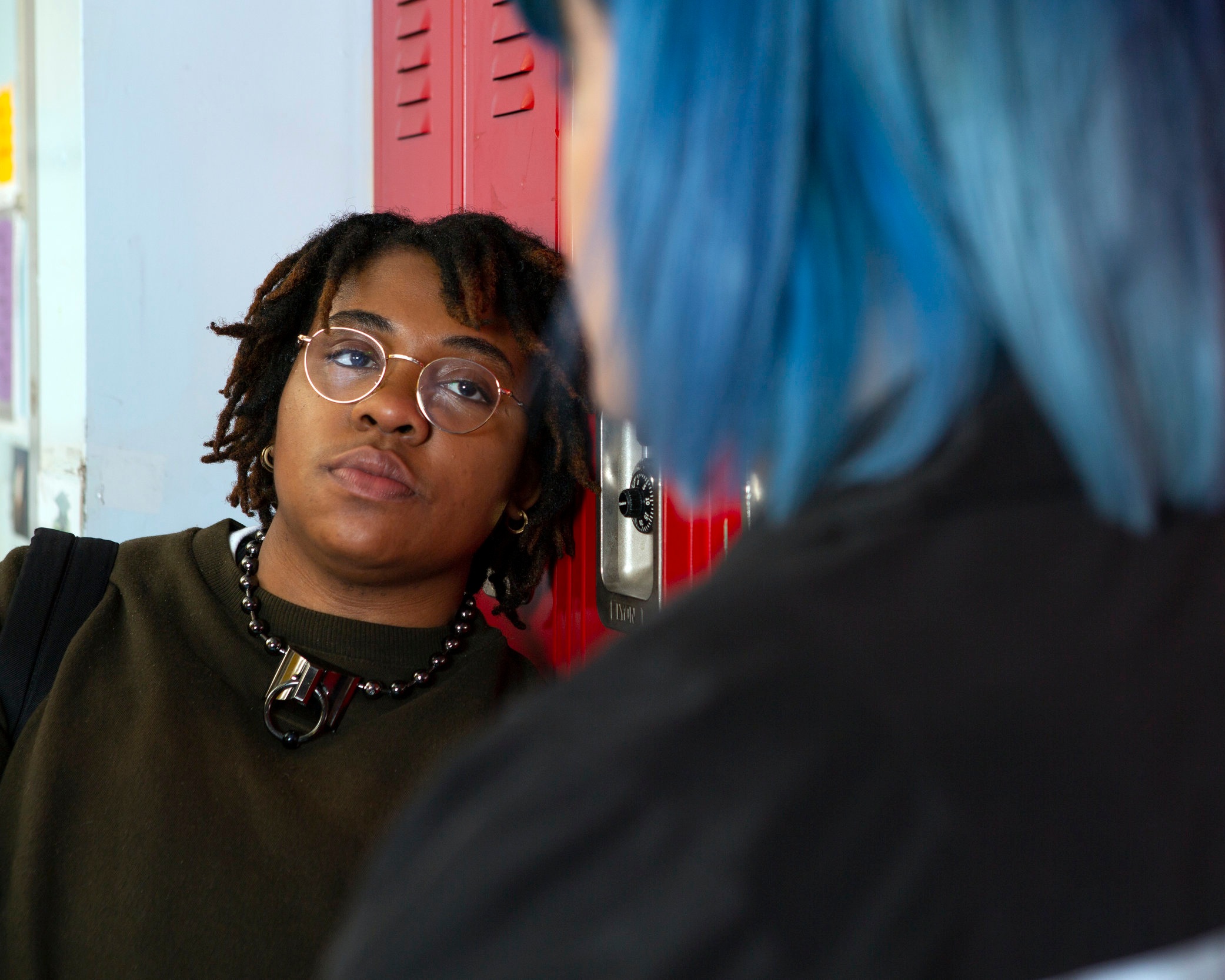For those unfamiliar with gender dysphoria, check out this article: What is Gender Dysphoria?
When we feel the waves of dysphoria crashing down, it can be hard to think that other people can understand or relate to our pain.
While circumstances may be different, we can find commonalities with others. We can also think of how our stories diverge.
These perspectives can help us get some distance from the pain, making it easier for us to manage dysphoria.
We Aren’t Alone
It can help to put our feelings in perspective when we think about how other people are hurting, too. This idea that “real women” or “real men” do this or that is damaging to so many people, not just trans women or men.
An important note: I’m not saying the experiences are equivalent. Similarities and solidarity with others can help us feel less isolated. This isn’t a competition to see who is the most oppressed, but simply that idealization hurts everyone.
Some transgender women feel a loss that they cannot bear children or have periods like cisgender women do.
But it’s not just transgender women who feel that pain. Cisgender women who can’t have children are sometimes still called “barren” (HARSH). In many Abrahamic religious communities, being unable to have children carries a stigma rooted in religious texts.
Is a pregnant person “more of a woman” than one who can’t have children? No, no, a million times, no.
Inspiration from Political Movements
Many transgender women feel like their features, their signs of trans-ness, are ugly. Transgender women can find comfort (and empowerment) through looking at other movements challenging beauty standards.
The “Black is Beautiful” movement is a great example of how ideas of appearance, power, and worth are connected.
Activists in the Black Power Movement were pushing to have increased political and cultural power, social equality, and visibility. They made a connection between the messages about beauty and other ways African-Americans were cornered, held back, and oppressed.
Within white supremacist capitalist patriarchy, the social and political context in which the custom of black folks straightening our hair emerges, it represents an imitation of the dominant white group’s appearance and often indicates internalized racism, self-hatred, and/or low self esteem.
During the 1960s black people who actively worked to critique, challenge, and change white racism pointed to the way in which black people’s obsession with straight hair reflected a colonized mentality.
It was at this time that the natural hairdo, the “afro,” became fashionable as a sign of cultural resistance to racist oppression and as a celebration of blackness.
- “Straightening Our Hair” by bell hooks.
For people of color, for transgender people, for gender nonconforming people, our visibility is a political statement. No matter, our appearance, we are worthy of respect. Loving ourselves is a reclamation of our power.
Reflecting on Intersectionality
It can help us put our own feelings in perspective when we think of all of the different influences we’ve had in our lives. No two trans people have exactly the same experience. There are mediating factors that change how we understand and respond to the world.
Some helpful questions can be:
Do I blend in with the larger culture?
How does my family feel about my gender?
How does my economic background affect my perspective?
A transgender man whose parents/grandparents participated in the Black is Beautiful movement may have a different perspective than another African-American trans man whose parents recently immigrated from the Caribbean. The comparisons go on and on.
When we think about some of the factors that affect the way we see ourselves, we can more easily detach from the negative stories we tell ourselves.
Support and counseling for transgender teens and young adults
Want more support for navigating life and finding transgender-friendly options? Vered Counseling offers a gender therapy clinic specializing in teens and young adults.
Read more about our therapy for transgender teens or counseling for transgender adults. If you want more problem-solving and less therapy, see if a transgender road map session would be right for you.
Check out the Vered Counseling blog for more helpful tips, like what is gender therapy like, how to get a HRT letter in Texas or North Carolina, and what are puberty blockers.
We also provide support for parents of transgender teenagers and adults.
Ready to get started? Contact Vered Counseling today!
<3 Vered





